Armenia: Between reality and illusions Expert opinions on Caliber.Az
Moscow reminded Armenia that time is running out, and it is still trying to sit on two chairs. "Russia welcomes cooperation with Armenia at any level, but would prefer deepening and normalizing relations within the framework of the Collective Security Treaty Organization (CSTO)," said Russia's Special Envoy, Rodion Miroshnik, at the scientific conference "East-West Confrontation: The Ukrainian Dimension. Scenarios for the Future."
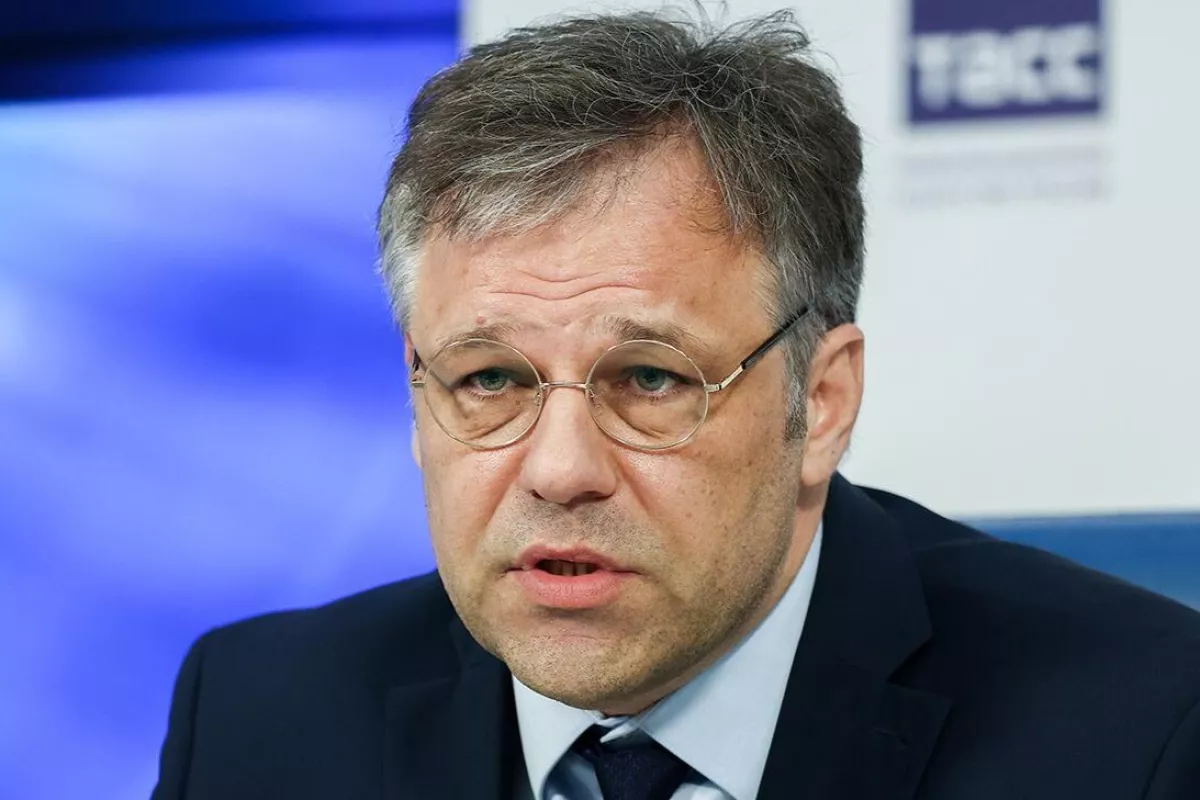
Miroshnik emphasized that the possibility of Armenia's accession to the EU should be assessed by the country's citizens, understanding how much this aligns with their interests and how realistic such a step is. He also reminded that Ukraine has long enshrined its desire for EU and NATO membership in its constitution, yet progress on this path remains a rhetorical question.
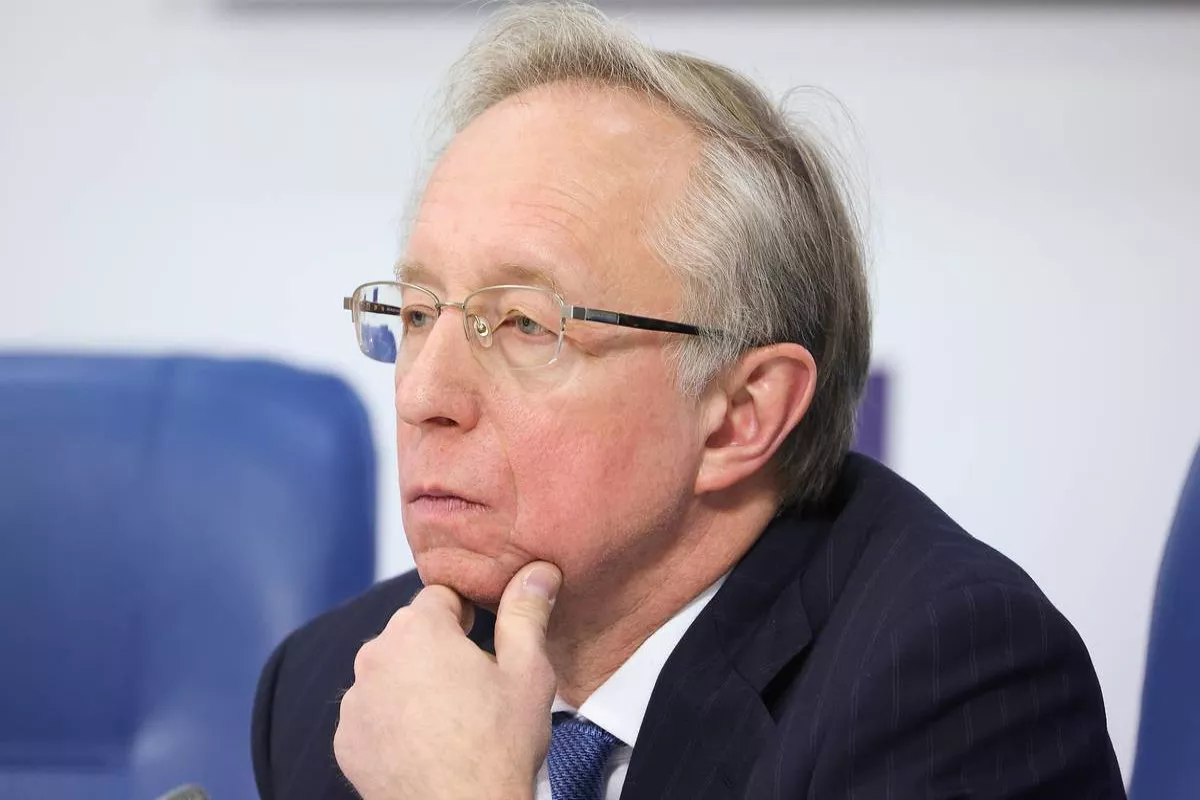
The topic was continued by Russia’s Deputy Foreign Minister, Mikhail Galuzin. He noted: "We hope that Armenian society will be fully informed about the benefits of membership in the Eurasian Economic Union (EAEU) and the scale of losses from a break with the EAEU, so that Armenian society has an objective understanding of the reality." According to Galuzin, it is impossible to be part of two opposing integration associations at the same time.
What is the goal of the Kremlin's policy towards Armenia? Caliber.Az posed this question to foreign political scientists for analysis.
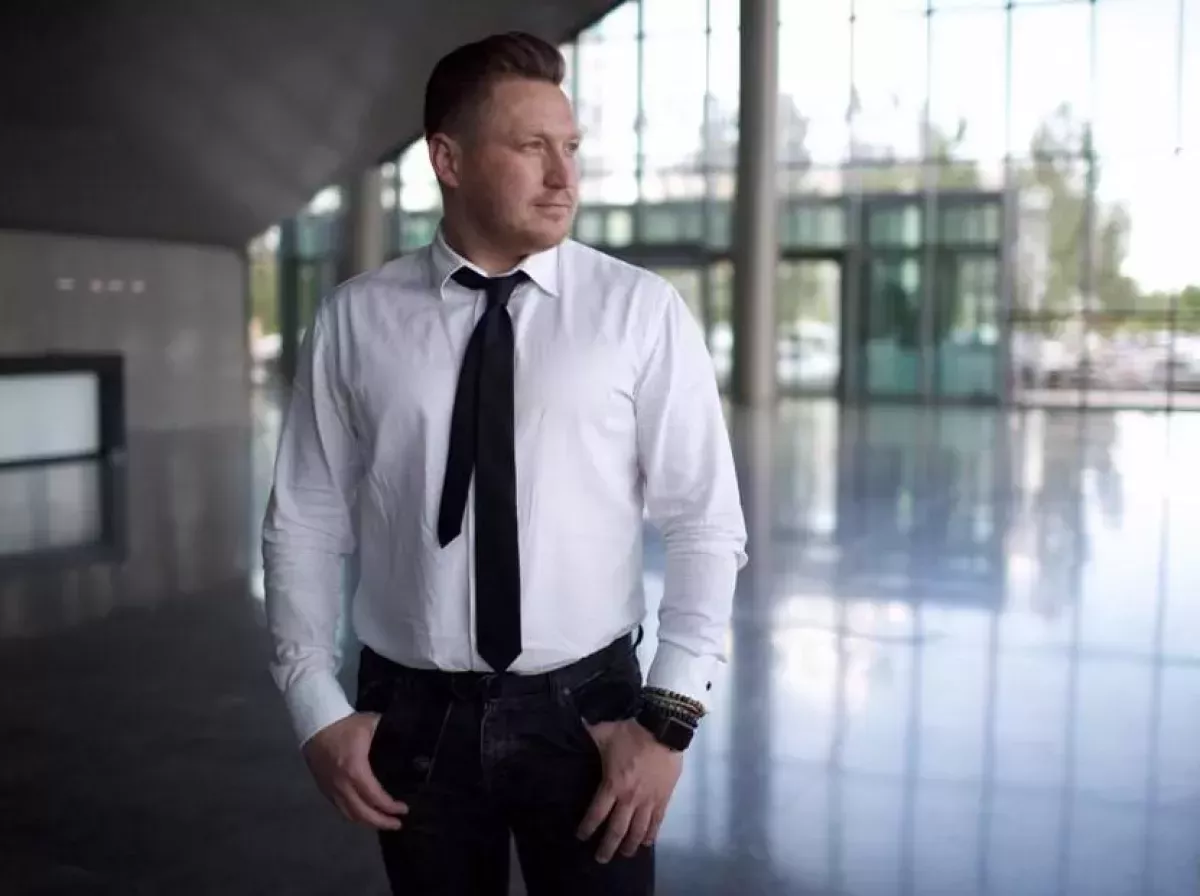
Belarusian international expert Borislav Osinchuk believes that such an intense flow of diplomatic signals towards Armenia in just one week is no coincidence. In his opinion, Moscow is reminding Yerevan of the need to reassess its pro-Western rhetoric.
"Although the Russian Foreign Ministry emphasizes that it does not want to interfere in Armenia's foreign policy, in reality, Moscow expects more loyalty and fealty from Yerevan. At the same time, it is clear that the West today is not ready to offer global preferences to Armenia — it has no time for it," noted Osinchuk.
According to him, against the backdrop of attempts to thaw relations between the U.S. and Russia, the West is inclined to partially acknowledge its responsibility for the escalation of the conflict in Ukraine and is not willing to continue thoughtless financial investments in this conflict. In such a situation, Europe may sacrifice its relationship with Armenia in favor of normalizing dialogue with the Kremlin.
"Moscow would like Yerevan to consider the realities: if Armenia is still a part of the CSTO and the EAEU, it means it has no intention of leaving them," concluded Osinchuk.
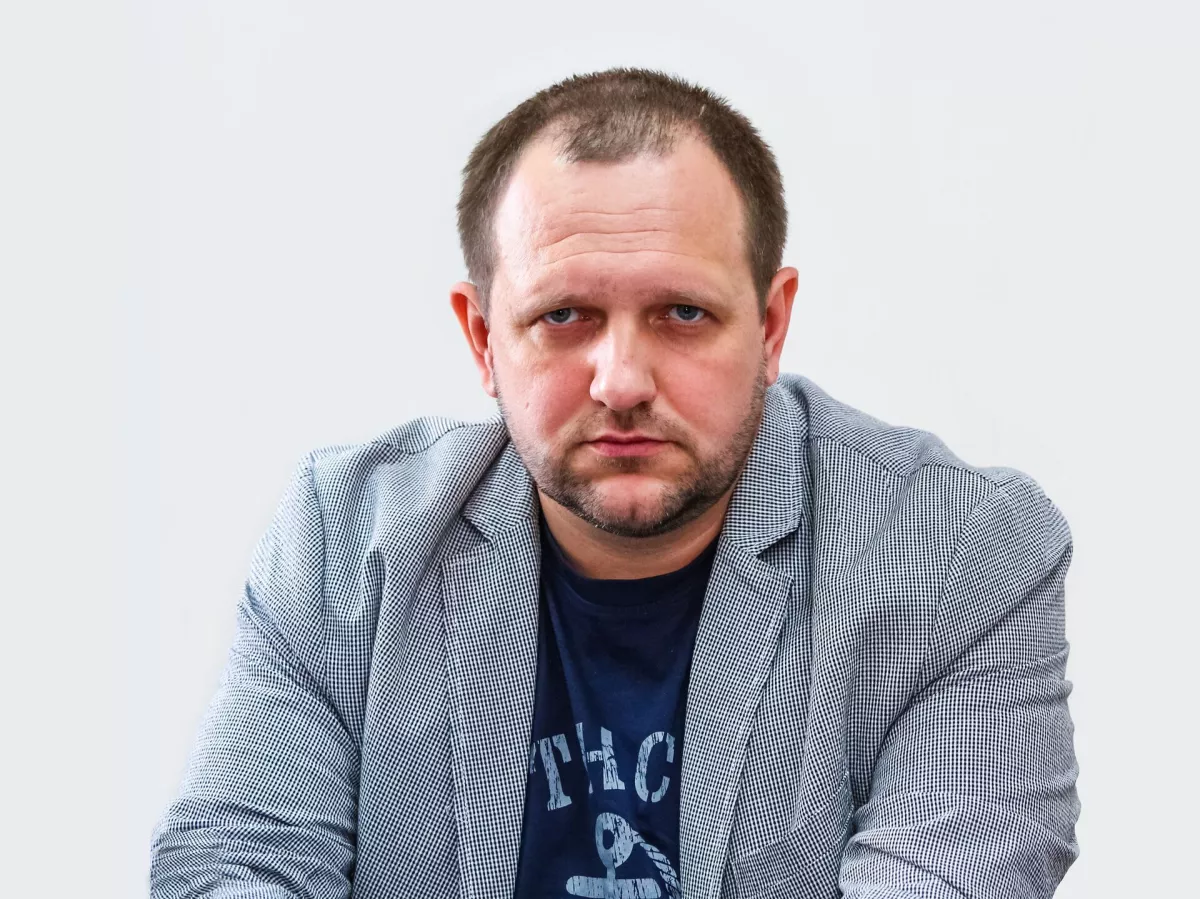
Russian political scientist and founder of the expert-analytical network PolitRUS, Vitaly Arkov, compares the relationship between Moscow and Yerevan to a conflict between a teenager going through puberty and their parents: "The teenager's hormones are raging, he is trying to separate, to prove his independence. He has no money for independent living, so he continues to rely on his parents, while being rude and avoiding family events, preferring the company of dubious friends. But most teenagers grow up, realize the value of the family home, and return."
Arkov believes that Armenia is beginning to "grow up." According to the newspaper Hraparak, Prime Minister Nikol Pashinyan instructed all government agencies to restore ties with Russian counterparts and personally called Vladimir Putin, confirming his participation in the celebrations of the 80th anniversary of the Great Victory on May 9 in Moscow.
"Armenia is returning to its historical path of development, moving away from the slippery road of European integration, which in essence is self-colonization in favor of France," noted Arkov.
As for Armenian society, Arkov notes that, in general, it has not exchanged its brotherly friendship with Russia for the "glass beads" of European colonizers. The resentment over Nagorno-Karabakh was artificially inflated: Russia allegedly did not protect Armenia, but, according to Ar'kov, the blame lies with the Armenians themselves and their Western "friends."
Nikol Pashinyan, as the political scientist points out, often threw himself into the arms of French President Emmanuel Macron, swearing eternal friendship. However, swearing allegiance to everyone is a favorite pastime of the Armenian political elite.
Arkov also highlights the significant role of Western-funded NGOs in brainwashing the youth, noting that a considerable part of the Armenian government and parliament is made up of individuals who have either received training or been recruited by Western intelligence agencies.
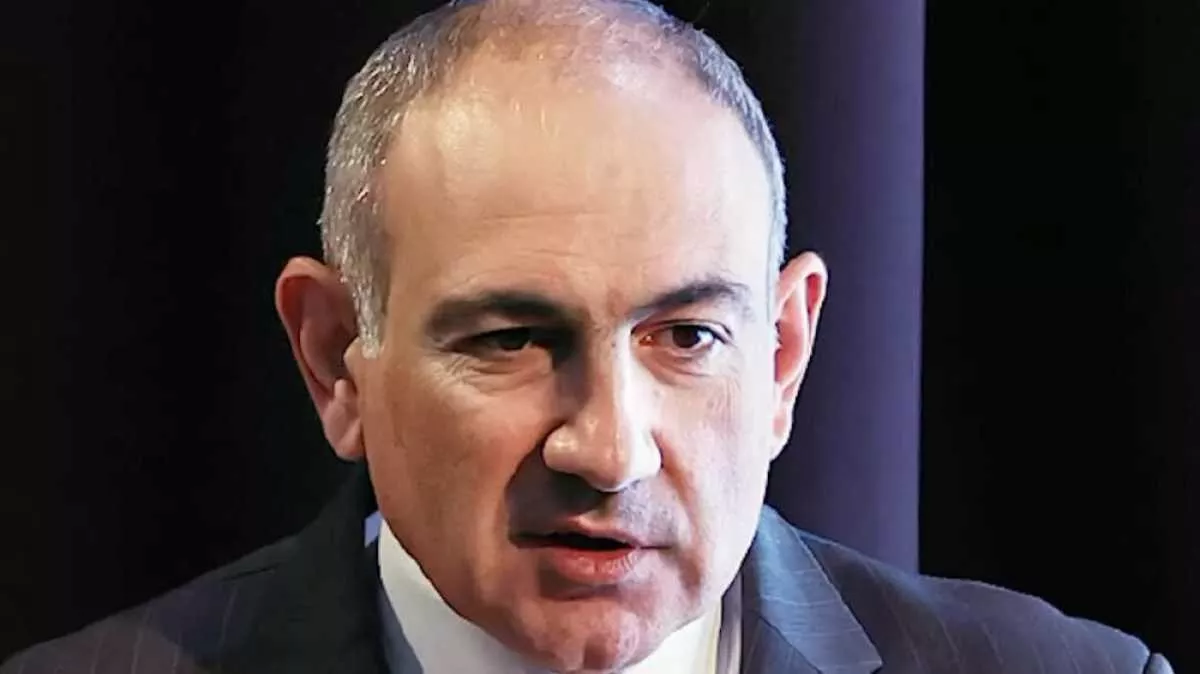
The political scientist asserts that Nikol Pashinyan is under the influence of his wife, Anna Hakobyan, who, according to him, controls financial flows, business, and political appointments in the country through a charitable foundation, and also holds assets in Canada.
On the advice of his wife, Pashinyan abandoned a multi-vector foreign policy, effectively turning Armenia into a neo-colony of France. At the same time, the international situation is changing: the West is focused on confronting the return of Donald Trump to the White House.
Arkov draws attention to the upcoming elections: the presidential elections in France are scheduled for 2027, while parliamentary elections in Armenia are set for 2026. Meanwhile, Pashinyan's ratings and those of his party are rapidly falling, while the ratings of forces advocating for the restoration of friendship with Russia are rising.
Yerevan is currently trying to play on two fronts: on one hand, it is pleasing Washington by offering Armenia as a platform for a potential military campaign against Iran; on the other hand, it is restoring ties with Moscow, knowing that without the Kremlin, political survival is unlikely.
"Pashinyan has decided to serve two masters at once. Publicly, he tries to please the West, but if the situation changes, his 'love' for Moscow will blossom again. At the same time, Armenia will not fully abandon European integration, but will simply put it on pause," concluded Arkov.








